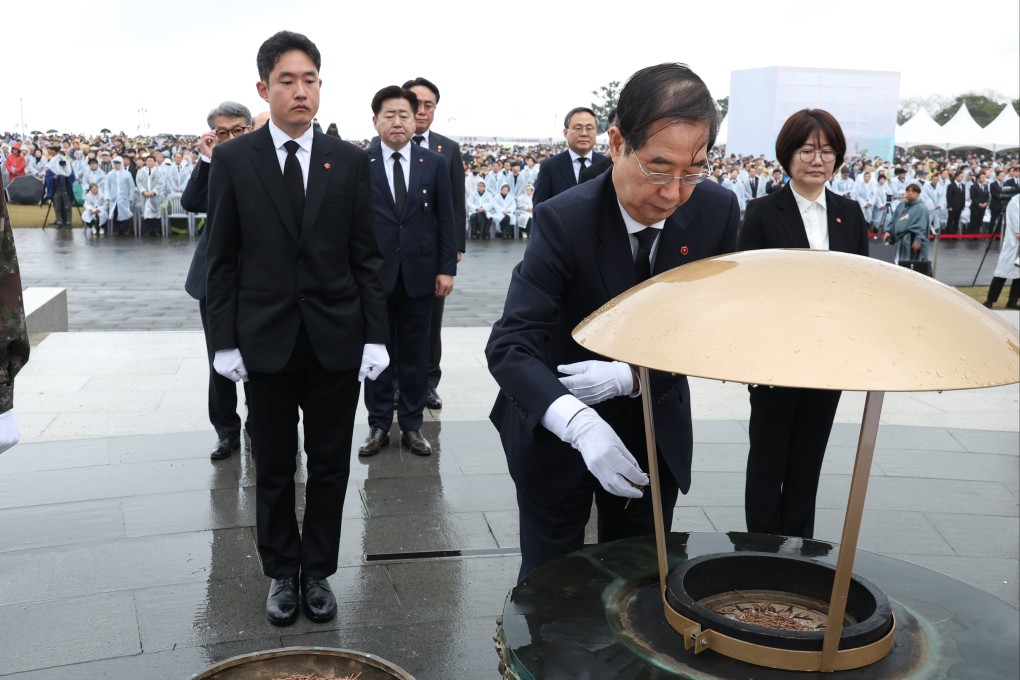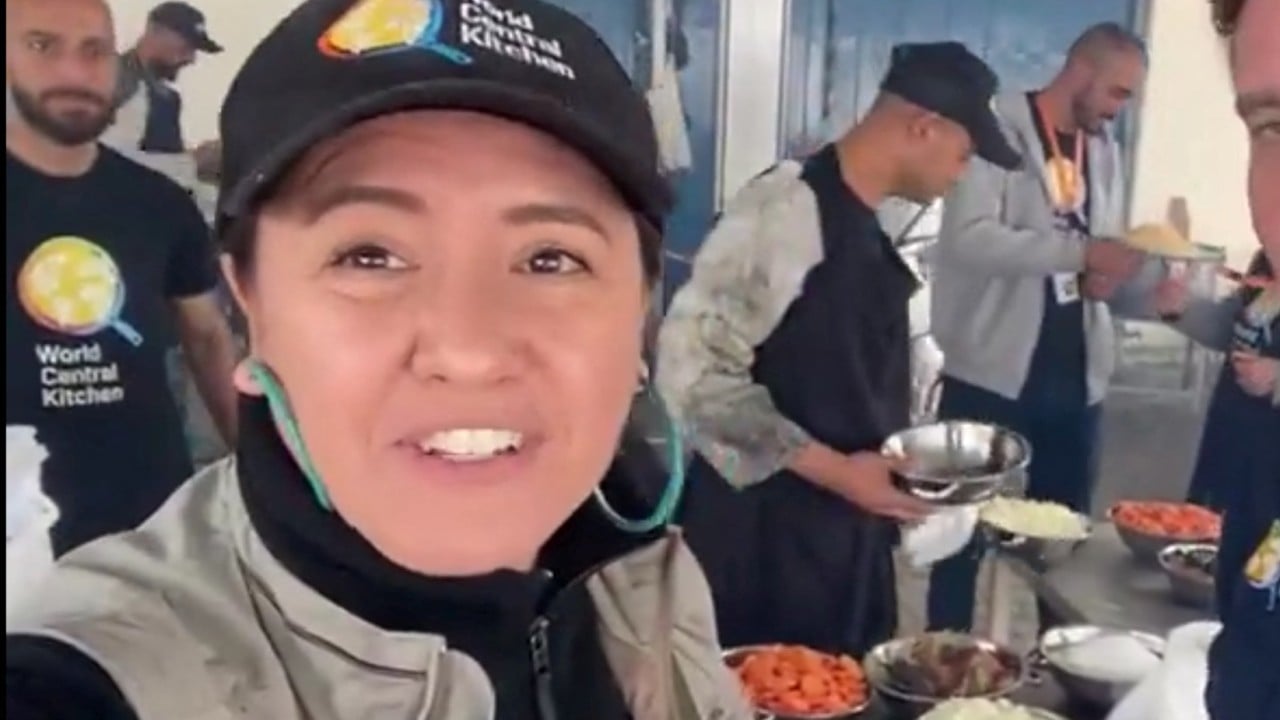Advertisement
Opinion | US refuses to see it has blood on its hands in Gaza, Jeju massacres
- Empty statements of concern and denials of responsibility typify the US response to Israel’s slaughter of Palestinians in Gaza and the mass killings in Jeju in 1948, both of which were made possible by US weapons and official ambivalence over Washington’s role in allowing the attacks to happen
Reading Time:3 minutes
Why you can trust SCMP
10

They huddled in caves and tunnels. They died by the thousands as government forces battled to exterminate them as terrorists and terrorist sympathisers.
Advertisement
Does all that sound like the war being waged by Israel to root out members of Hamas from their hideouts in Gaza? Maybe, but it also could sum up the slaughter that engulfed the South Korean island of Jeju, which is less than 100 kilometres south of the Korean peninsula, from April 1948 through the Korean war that ended five years later. Official estimates place the number of people killed between 25,000 and 30,000, somewhat less than the 32,000 estimated to have died so far in Gaza.
The parallels between the killings on Jeju and those in Gaza might have struck the several thousand people gathered at the Peace Park on Jeju for a ceremony marking the 76th anniversary of sa sam, or “four three”. That is in reference to April 3, 1948, the day of the outbreak of the campaign to wipe out those opposed to the government in Seoul.
As in the Israeli war against Hamas, Korean authorities at the time cited the rebels’ attacks against police and soldiers. It was not until 2003 that South Korea’s president, the late Roh Moo-hyun, apologised for what took place. April 3 is now a day of mourning.
Just who was in charge in Seoul at the time of the outbreak of the slaughter in 1948 was not clear in the aftermath of US forces assuming control over the Korean peninsula south of the 38th parallel after the Japanese surrender on August 15, 1945. However, there is no doubt who is in charge in Israel, and there is no question that the Israeli authorities are in command of the Israeli Defence Forces’ attacks against Hamas.
The common denominator between the events in Jeju and Gaza is US arms. The United States has poured more than US$100 billion of security assistance into Israel since its modern founding in 1948. Just as in Israel’s war, the police and military in Jeju used US weapons, first under the overall authority of the US occupation command in Seoul and then under the first South Korean President Syngman Rhee, who proved far more willing than the Americans had ever been to kill indiscriminately.
Advertisement

Advertisement

